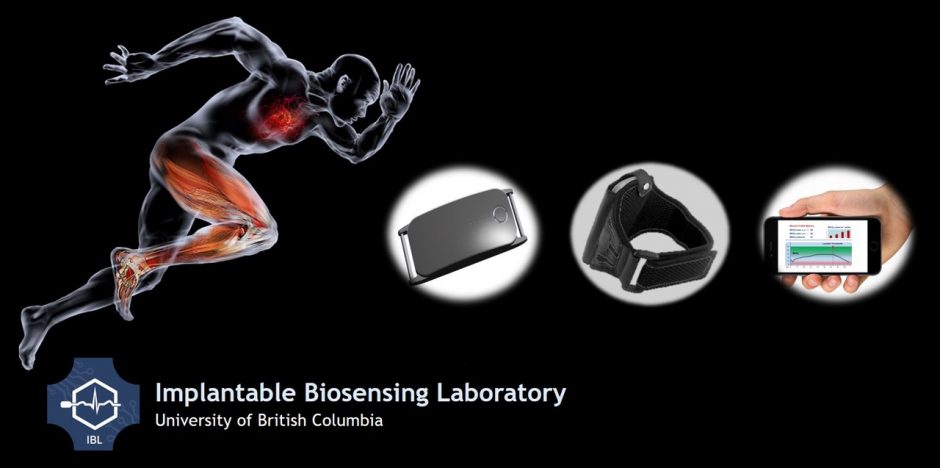
Currently, elite athletes and their coaches rely on subjective self-awareness and measuring traditional biometrics, such as heart rate, muscle force, and blood lactate level, to program training protocols, monitor athletic performance and progress, and define the return-to-sport time following an injury. These approaches, however, are not ideal and always reliable due to subjective errors, technological limitations and individual confounding factors that limit the validity, practicality, and accuracy of the measures. Moreover, current methods are limited to monitoring general body fitness and do not measure and monitor sport-specific muscle metabolism and function during exercise and recovery. There is a need for a new generation of sports monitoring techniques and devices to provide direct biometrics from the body and regional muscle fitness and function to optimize general and sport-specific training programs and improve athletic performance in elite athletes. This research project aims to develop a new concept and technique in body and athletic performance monitoring and to design and develop a new generation of wearable multimodal biosensors to help elite athletes improve training programs, maximize exercise progress, and optimize athletic performance while preventing injuries and overuse syndrome. The new sensors could also be used to define the right time to return to sports following injuries and medical conditions.